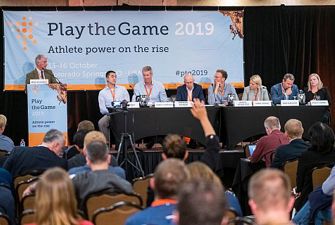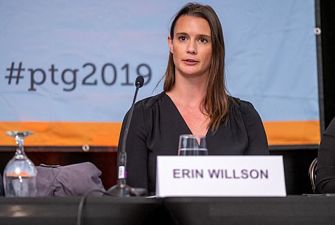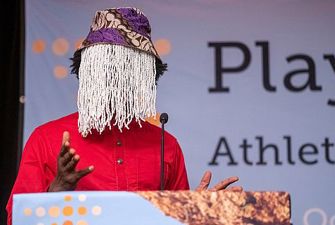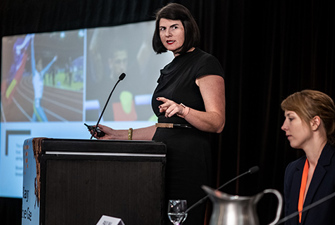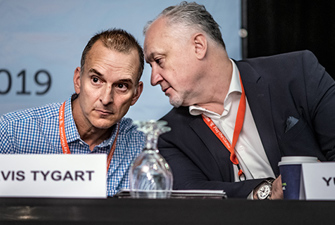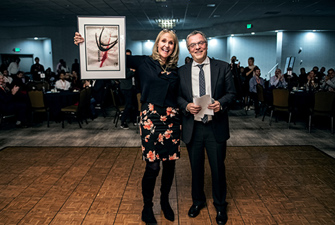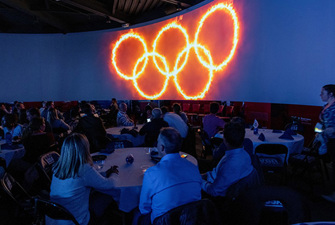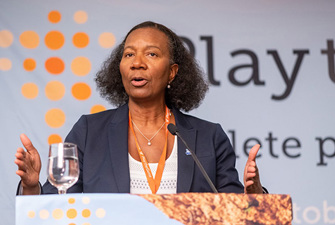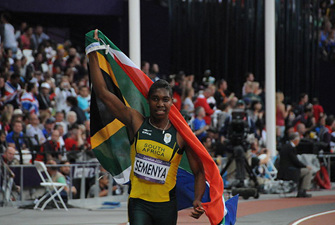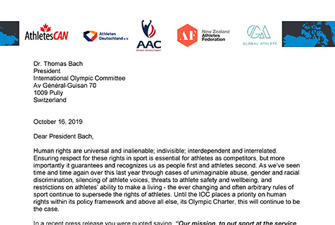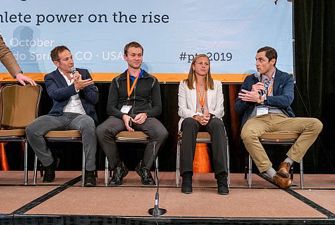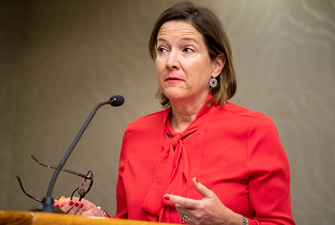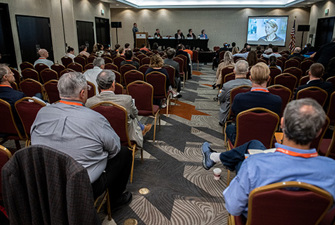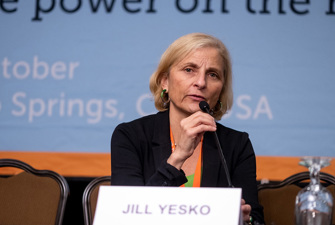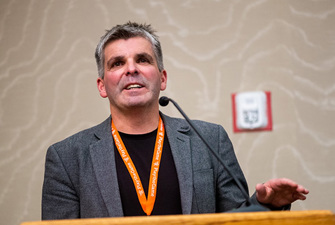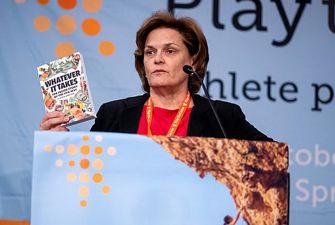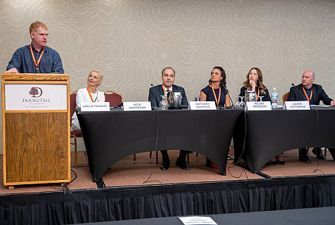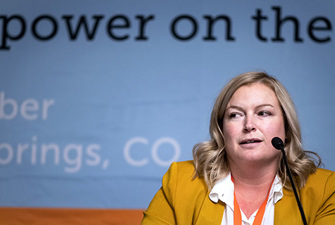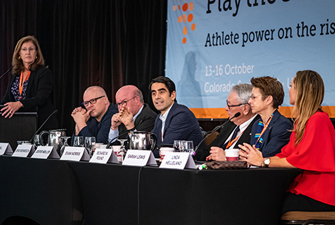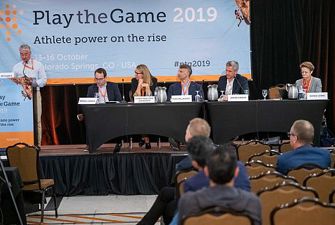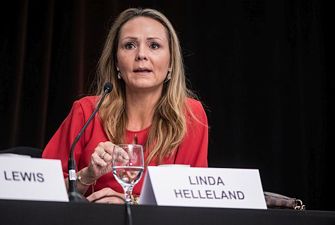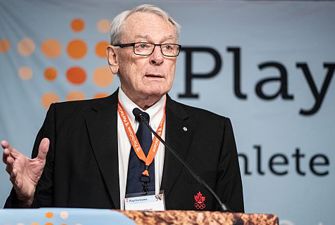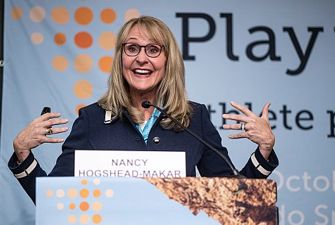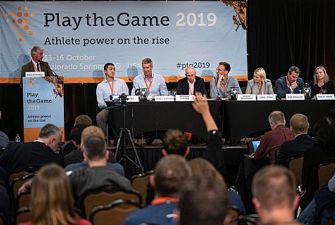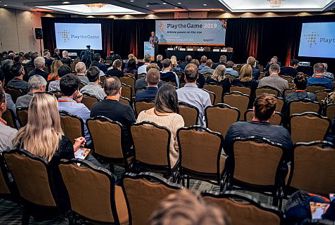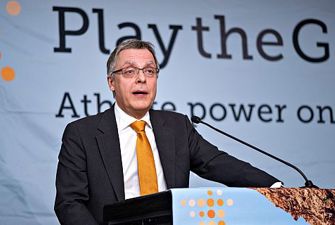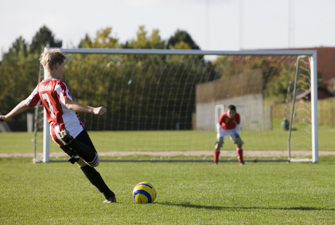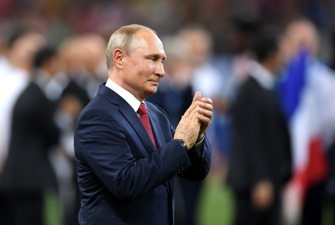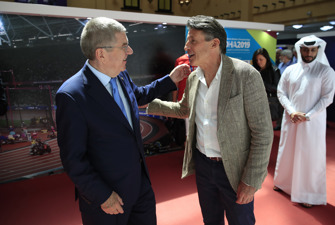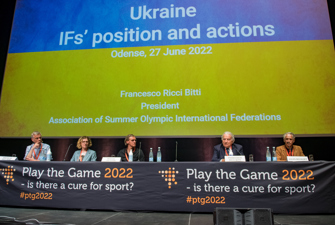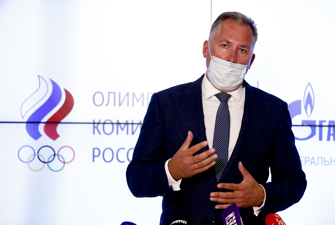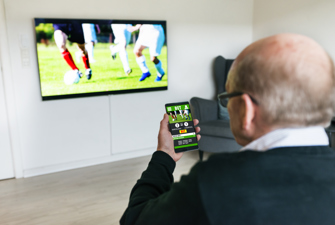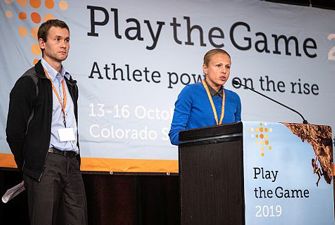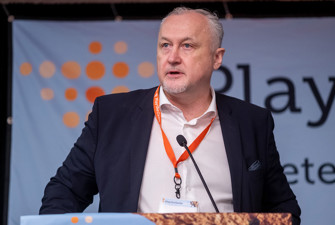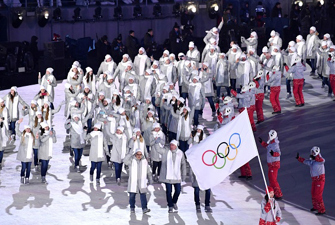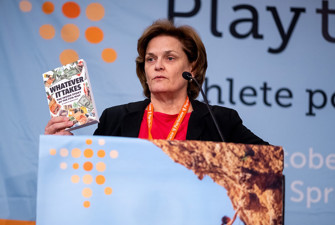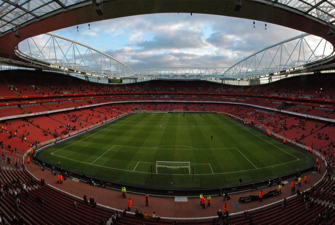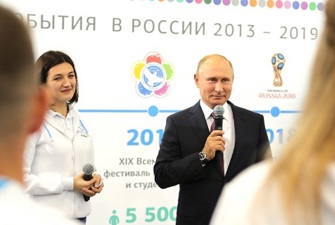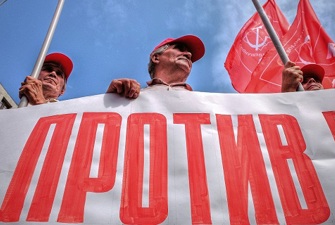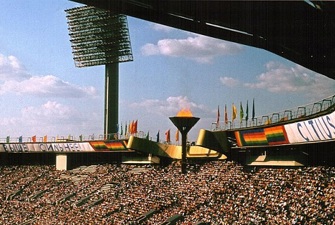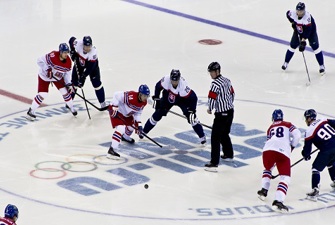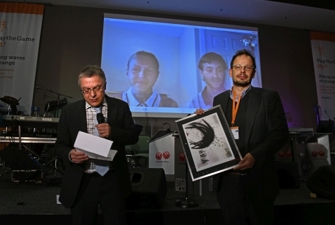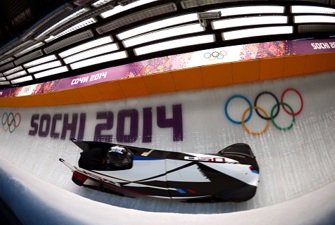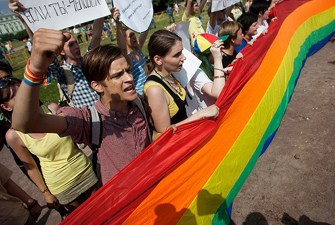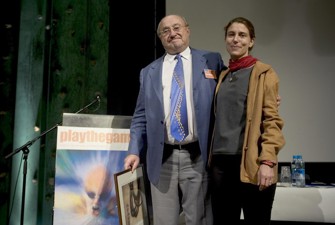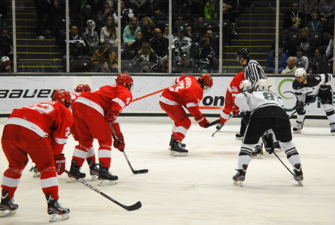Russian whistleblower: “The fight is not over yet”
Yuliya Stepanova became famous for exposing the Russian state doping scandal. Today, she attended the opening of Play the Games’ conference in Colorado Springs with her husband Vitaly Stepanov.
Almost seven years has passed since the Russian 800 meter runner Yuliya Stepanova first began to speak out about the doping problems in her home country. Although a lot has changed since then, the former world class athlete is still struggling with the consequences of blowing the whistle and telling the world that she was part of the doping culture in Russian sport.
Yuliya Stepanova has not seen her family since she fled Russia in late 2014 together with her husband Vitaly Stepanov and helped the German television station ARD expose the Russian state doping scandal that is still investigated by the World Anti-Doping Agency (WADA).
“But I do not regret anything”, the Russian athlete told Play the Game after attending the opening of its first conference outside of Europe.
In her opening speech at Play the Game’s conference in Colorado Springs, Yuliya Stepanova said she would like to apologise for her past:
“Unfortunately, I cannot change my past. I was in the Russian doping system, I cheated and now I am talking about it. I regret not speaking up sooner, but I’m grateful to the WADA Code for giving athletes a second chance.”
“Please, stop making deals”
The Russian whistleblower also said athletes that cheat believe they can get away with it and that this belief was put in her head by the people that surrounded her – Russian coaches, sports officials, police and athletes.
“Coaches and sports officials were telling me that athletes from all other countries dope and that doping is a hidden part of athletics. Well, their belief came from somewhere. Most likely from the fact, that they were able to get away with cheating in the past,” she noted.
“So, those that run and govern sports, please, stop making deals that allow to cover up doping use and make adults believe that they can get away with cheating, and then younger generations of athletes will stop hearing that cheating is the only way to reach the top.”
According to Yuliya Stepanova, in her case there was no way to escape the Russian doping system if she wanted to compete internationally:
“The top Russian athletics officials were selecting up to five athletes in each running event that were untouchable and could dope throughout the preparation process and during the National Championship,” she said and explained why it was difficult for her to say no.
“The Russian ministry of sports made sure that the Russian anti-doping agency and the Russian anti-doping lab allowed doping for the chosen ones. Only the existence of an ethical system that follows rules could have prevented me from doping. The Russian athletes did not have it when I was a part of the doping system.”
“Rules do matter”
Today, the young couple is surprised how far they have gone since raising their concerns about the doping situation in Russia.
“We were not able to find much support inside of Russia, but we are happy to see that most Russian sports officials were not right. Not every country’s goal is to cover up doping use by athletes of their own country. In fact, rules do matter, and ethics matters in sport,” Yuliya Stepanova said and thanked the conference for recognising her and her husband’s efforts.
“Two years ago, we were honoured to receive the Play the Game award from you. We are glad that the situation in Russia is being discussed globally and we feel that the fight is still not over yet and we are thanking you for your support. The best part for us over the past few years was to learn that there are people that care about fair competition, we just wish those people were louder and stronger, because clean athletes need to see it and feel it.”
“I’ll do it any day”
Her speech was followed up by Vitaly Stepanov, a former anti-doping assistant in Russia, who in February 2013 convinced his wife that going public was the right thing to do:
“I believe in Olympic values and ideals because…I just do. And I really do not like people that try to destroy those values and ideals. So, I do not like those that try to cheat their way to Olympic glory. If my actions helped in any way talented, honest, clean athletes from around the world, I am satisfied. And if it means going against corrupt people with messed up priorities from the country where I was born, I’ll do it any day,” he said while also thanking the conference for discussing the difficult topics that sports face and the many people outside of Russia that has supported him and his family:
“In a summary of my whistleblowing experience, I would say that 2/3 is positive and 1/3 is not so positive. And I would like to thank everyone who helped us in the past five years. You made it all worthwhile. We did not expect it, but we really appreciate it”.
“Public distrust”
As a result of the Russian state doping case, the International Association of Athletics Federations (IAAF) two years ago established an independent Athletics Integrity Unit (AIU). According to the chairman of AIU, David Howman, more sports should have their own independent investigations of similar attacks against sports integrity instead of just waiting for the police to investigate, and not just in relation to doping but also corruption and match-fixing.
“We have had the fallout from the Russian doping reports and subsequent follow-ups. Athletics, biathlon being two mentioned sports, but many more are likely to be exposed when all the data from the Moscow laboratory is publicly released. We have had governance issues in several international federations. Boxing, biathlon, gymnastics, handball. We have had reputational damage. We have had athlete rebellion and public distrust,” Howman said while mentioning a long list of sports scandals from the latest decade:
“Is that what the athletes expect from their leaders? Should they not be dealt with like athletes are when subjected to alleged rule breaches? What about the public, will they ever know the truth? Best practice might now be to emulate the AIU, operate with proper scrutiny, as soon as possible, recognising legal rights but delivering to athletes and the public the right outcomes for the right reasons and thereby protecting the integrity of sport. Open eyes, don’t be blindfolded.”
